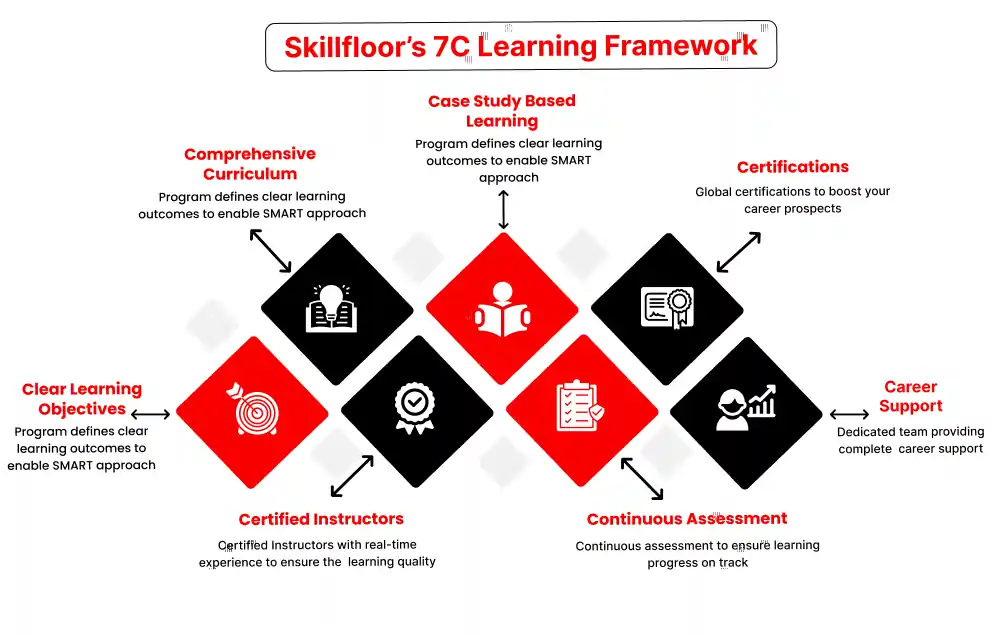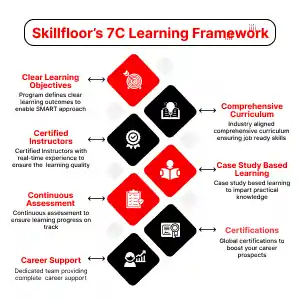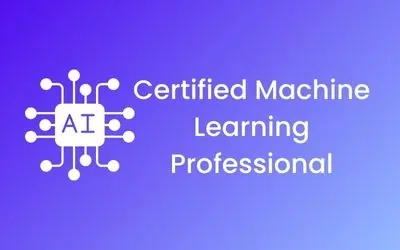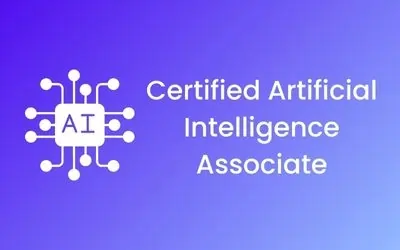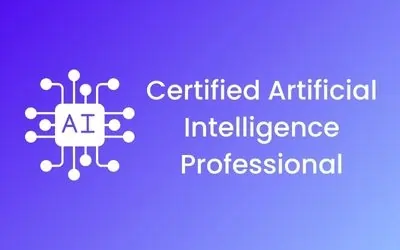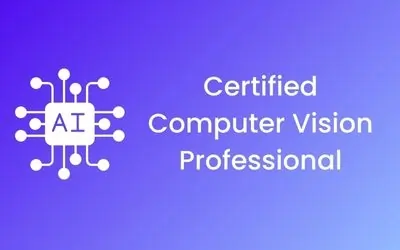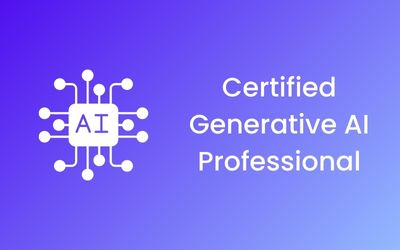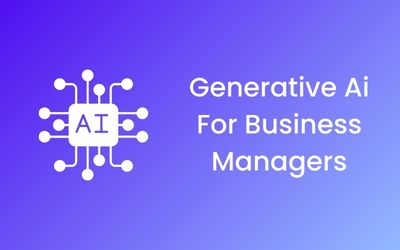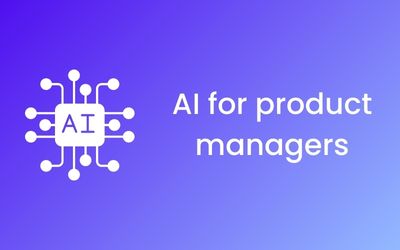1. Industry-Aligned Curriculum: The course content is designed to reflect the skills taught in the best AI ML courses in India, ensuring relevance to current industry needs.
2. Practical, Job-Oriented Learning: Learners gain hands-on experience by working on real-world AI and ML applications, not just theoretical models.
3. Strong Foundation in AI and ML: This artificial intelligence course in India builds a clear understanding of AI fundamentals, machine learning algorithms, and intelligent systems.
4. High Demand for AI Skills in India: AI professionals are in demand across Indian startups, enterprises, and multinational companies, making this course highly future-proof.
5. Career Opportunities Across Industries: From IT and fintech to healthcare and manufacturing, AI skills open doors to multiple sectors in India.
6. Suitable for Multiple Backgrounds: The course is structured to support students, freshers, and working professionals from diverse educational backgrounds.
7. Focus on Problem-Solving Skills: Learners develop analytical thinking and decision-making skills essential for solving real business problems using AI.
8. Ethical and Responsible AI Training: The program includes responsible AI practices to ensure ethical use of artificial intelligence in Indian business environments.
9. Competitive Advantage in the Job Market: Completing one of the top AI courses in India helps learners stand out in a competitive hiring landscape.
10. Long-Term Career Growth: AI skills provide long-term career stability and growth as India continues to invest in digital transformation and intelligent technologies.

